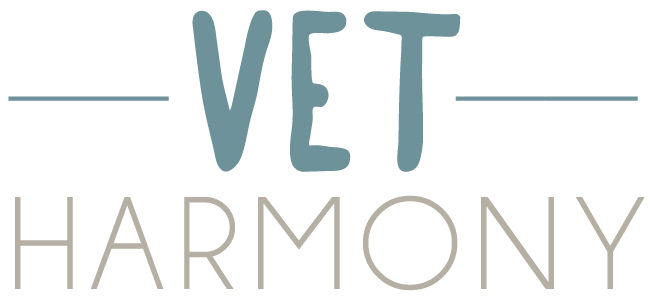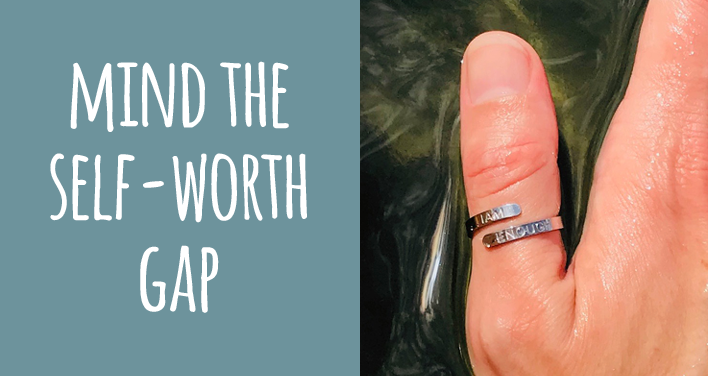As part of lockdown earlier this summer, I was asked to give two mindset lectures to the Surrey final year students remotely as part of their rotations.
In the first lecture we talked about self-compassion, one of the biggest guns in the self-worth and resilience armoury!
Something really fascinating presented itself to me during this process that I want to share with you.
As part of this training, I get my attendees to complete Dr Kristin Neff’s short Self-Compassion Test online and email me their results anonymously so I can collate the group’s overall scores.
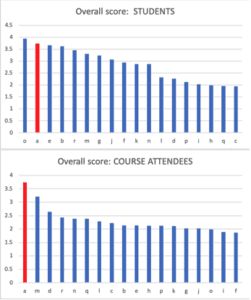 After completing the test, you receive your scores in 6 key areas of self-compassion plus your overall score.
After completing the test, you receive your scores in 6 key areas of self-compassion plus your overall score.
I had run this training a few months previously with my Veterinary Career Mastery course participants, who were mainly 5 to 10 years or more post-graduation.
When I did this with the final year students at Surrey, I noticed a marked difference between the group’s self-compassion scores compared to those of my course participants.
The overall score is out of 5, with 1 to 2.5 indicating low levels of self-compassion, 2.5 – 3.5 moderate and anything over 3.5 indicating high levels of self-compassion.
Here are the results for the student group vs my course participants. My own personal overall score bar is highlighted in red.
Over half the student group had moderate or high levels of self-compassion compared to my course participants in which 88% of the group had low levels of self-compassion.
Obviously, the reasons for the discrepancy in self-compassion levels between these two groups is going to be multifactorial, however I think we need to get really curious about what’s causing that massive gap!!
Obviously, my amazing and brave course participants are a specific cohort within the profession who are looking to make changes in their career – either changing how or whether they vet anymore, and/or changing their mindset to allow them to reconnect with themselves and tweak their career path so they can enjoy it and feel in alignment.
It’s therefore not surprising that self-compassion levels would be lower for this group, as they are experiencing the need for change which is a time we often feel a bit wobbly and can be harder on ourselves than usual as a result.
However, with the student group, my two wellbeing lectures were not compulsory and therefore only those students with an active interest in learning about and improving their resilience and confidence were likely to have attended.
So, what IS happening to us in that 5-10yr+ gap after graduating?
What’s causing the gradual erosion in self-belief and self-compassion over time that I see in a proportion of our profession?
I don’t think we have to look very far to find the answers. Anyone who’s dipped into Brené Brown’s work will be familiar with the topics of shame and vulnerability.
Shame being the painful feeling of thinking we are not good enough, and vulnerability being the emotion we experience at times of risk, uncertainty and emotional exposure (hello veterinary work..!).
As vets we encounter a disproportionate amount of vulnerability and the potential for shame triggers on a daily basis.
Unless we happen to have been brought up with parenting techniques that really gave us a strong sense of our own worthiness and lovability, then to ring-fence those starting levels of self-compassion and self-belief or heal them if they were low to begin with, we are going to need to do the mindset leg-work of building up our resilience levels in this area.
We need to take on the incredibly important task of gradually rewiring our mind over time to give OURSELVES those skills.
They are not inherent things that some people have and others just don’t – they are entirely and wonderfully learnable!
Learning about this stuff, and making the changes in this area has literally changed my life, my mental health, the course of my career path and how I show up as a parent.
It has changed the traits and tools I am now passing down to my daughter Eva.
The main message I want to give you today is that your self-belief, self-worth and ability to give yourself and others compassion is NOT something that will gradually build and improve by itself.
I think we like to believe that our self-belief will gradually get better as we get older, or if we get more experience in something or if we get another qualification.
It won’t.
Like our inherent happiness level or our what we believe we deserve to receive financially (i.e. our wealth consciousness), our level of self-compassion has an internal set-point that will not shift sustainably unless we do something active to change it.
This means changing our values and beliefs in these areas.
It means re-programming your brain to form new neural networks that support your newly chosen beliefs and values, which then alters your behaviours which then changes the results you are experiencing in your life.
The first thing to do is get busy learning about these topics if you want to change them. Find podcasts about it, watch TED talks, get a coach who specialises in mindset work.
Listening to The Power of Vulnerability by Brené Brown is a great starting point or you could head to Kristin Neff’s website and take the self-compassion test and look at the resources on her site.
Choose to work on your mindset in some form DAILY and it only takes 5 minutes to do this (more if you can but even 5 mins makes a difference).
Whether that’s journaling, meditation, affirmations or reading a personal development book for 5 mins – THIS is the work.
Just as lifting weights, doing yoga or going for a dog walk is the work you need to do if you want to change your fitness levels.
In the same way that sitting down for 5 minutes and practising scales every evening is the work you need to do if you want to create muscle memory that means you can play the piano.
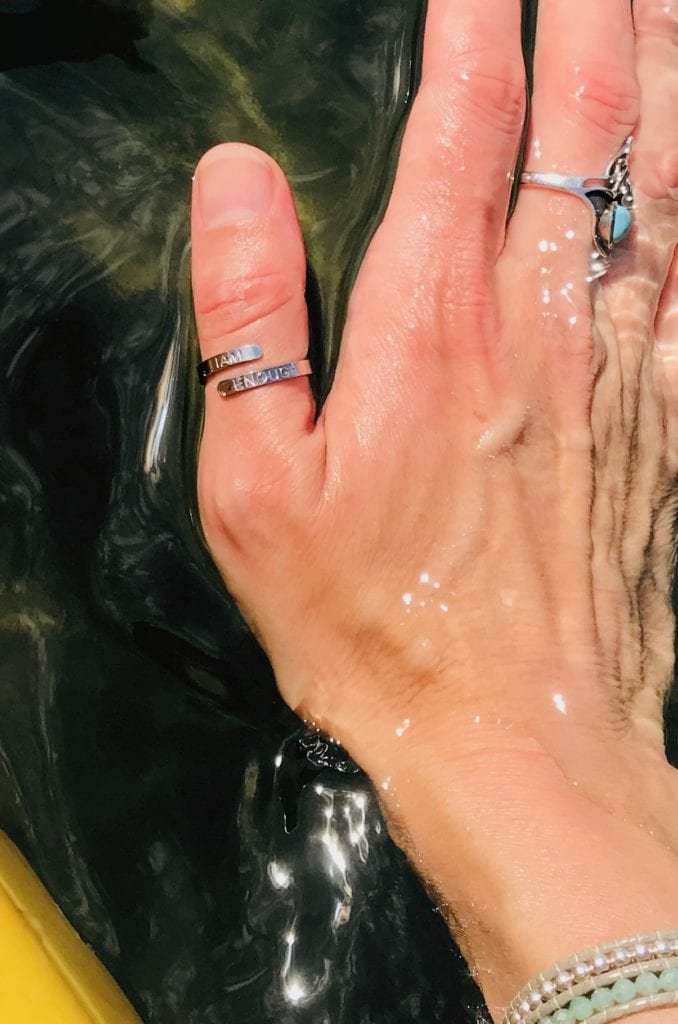
I wear a ring on my thumb (so I can feel it more) that says, “I am enough” so that I get a daily reminder to choose to know this in my bones. Kayaking the other day with it on, I got a reminder every time I made a paddle-stroke…. 😂
That means when the self-doubt or negative inner voice comes calling, I can observe that thought, thank it for trying to protect me and then release it with love, and saying to myself:
“No thanks, not today. I choose to know that I am enough and I will always be enough, no matter what my outcomes are in any area of my life.”
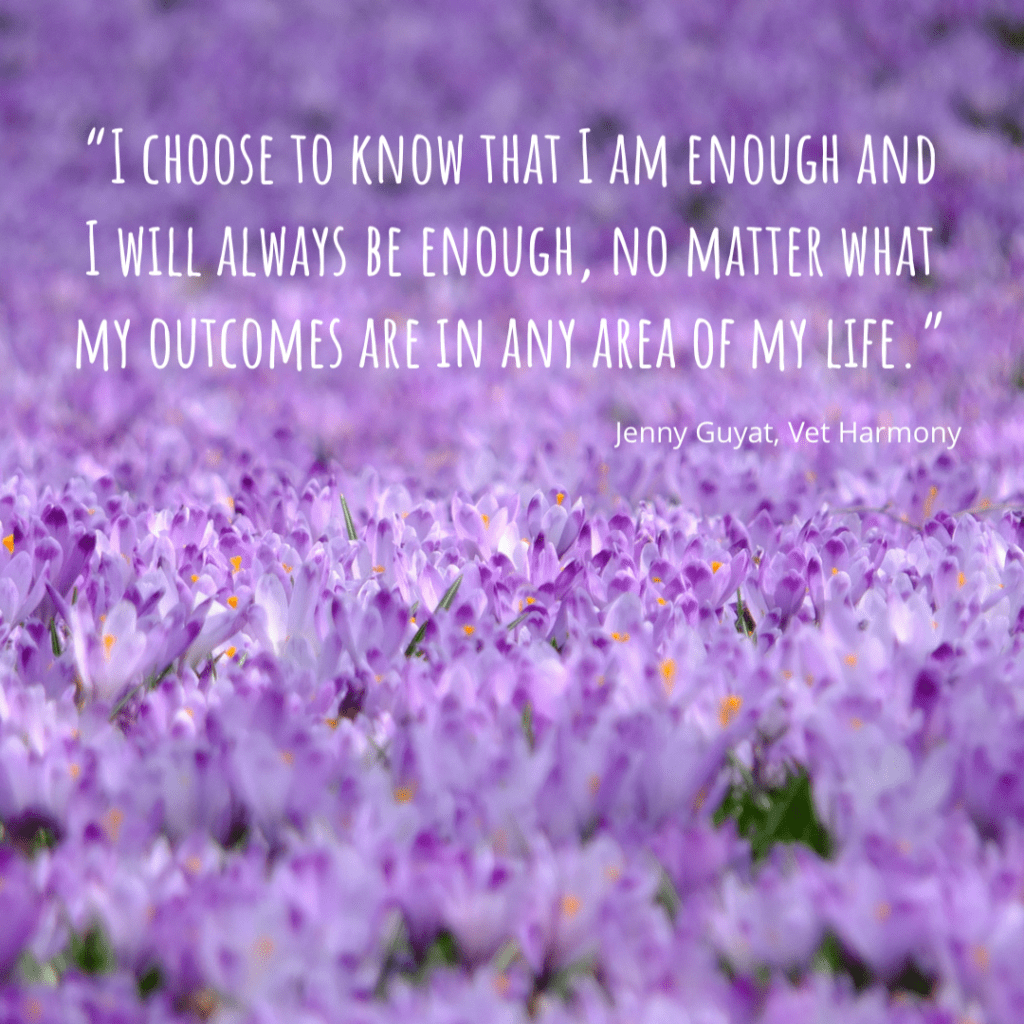
If that sentence triggers you, GOOD! I make no apologies for that.
Use that trigger to recognise that you have work to do in this area if you feel that sentence could not be true for you – i.e. your self-worth is very linked to your outcomes in life currently.
This also means learning how to design how to use your #vetpassport in your own unique way.
Know that you matter.
Work to heal the rift in your self-worth and don’t feel you need to do this alone – we were never meant to do this work alone.
Learn how to ground yourself and come home to yourself so you can feel at peace more of the time, even in turbulent and uncertain times such as now.
If you would like some help with this, please reach out and get in touch.
I hope this has given you some useful food for thought and as always, I welcome your feedback and comments.
If you’d like to find out:
- More about the type of coaching I provide at Vet Harmony
- Whether my areas of expertise are right for your situation
- What really happens on an Exploration Call
Then check out my free short video mini-series here.
(I’m using a new section of my website to host this video course, so I’d be grateful if you can let me know if you have any trouble accessing the course, thanks!)
